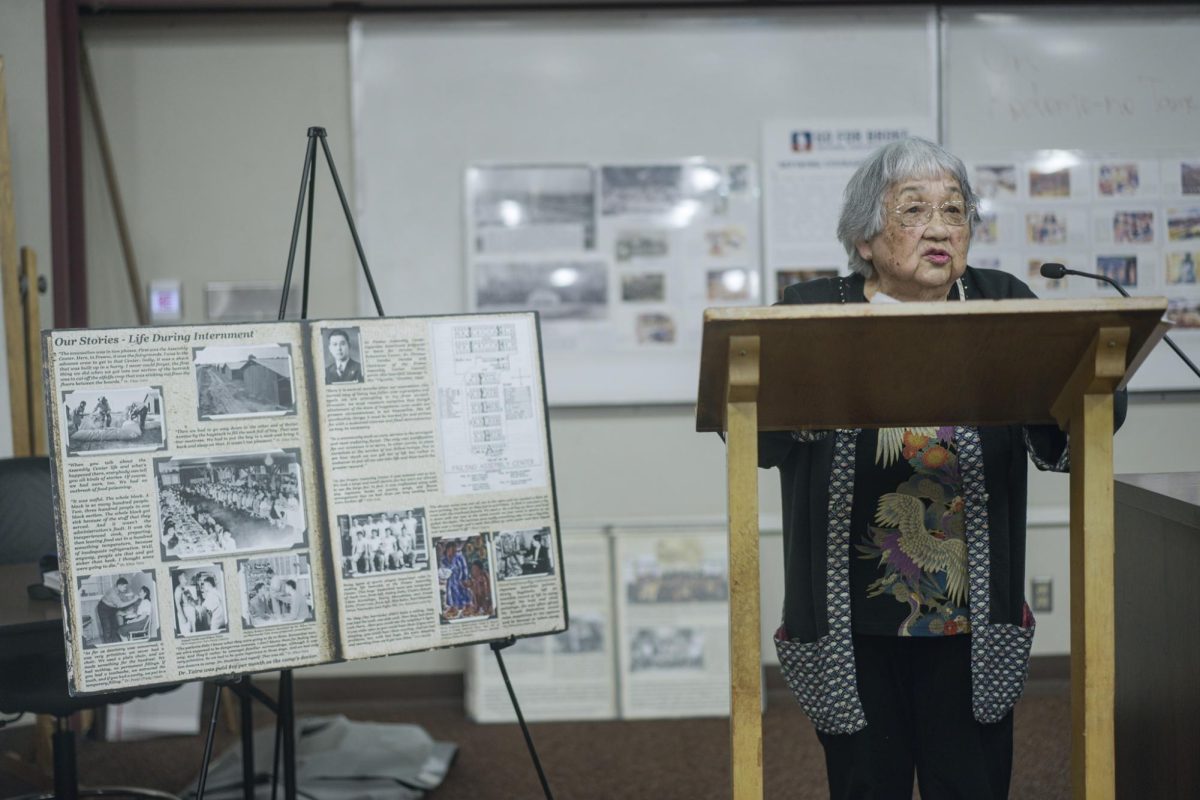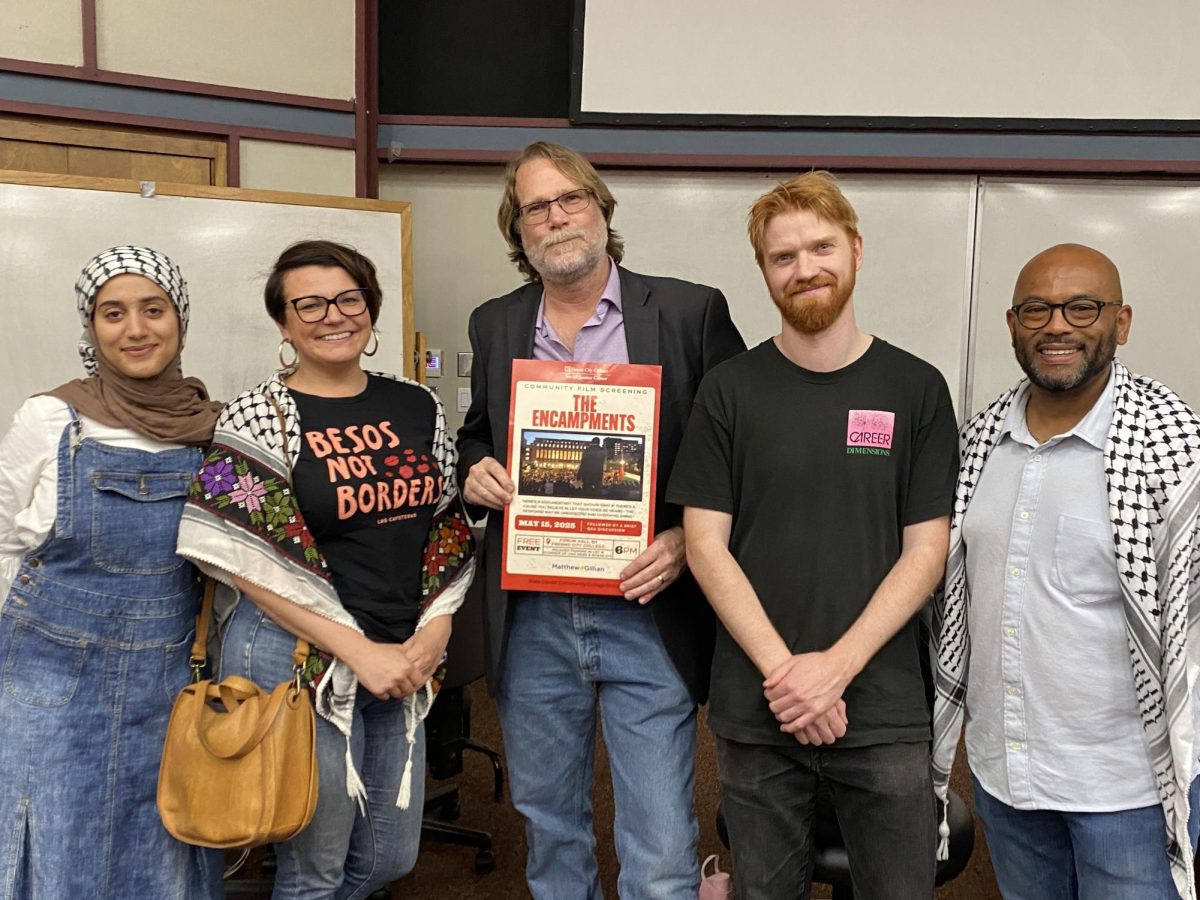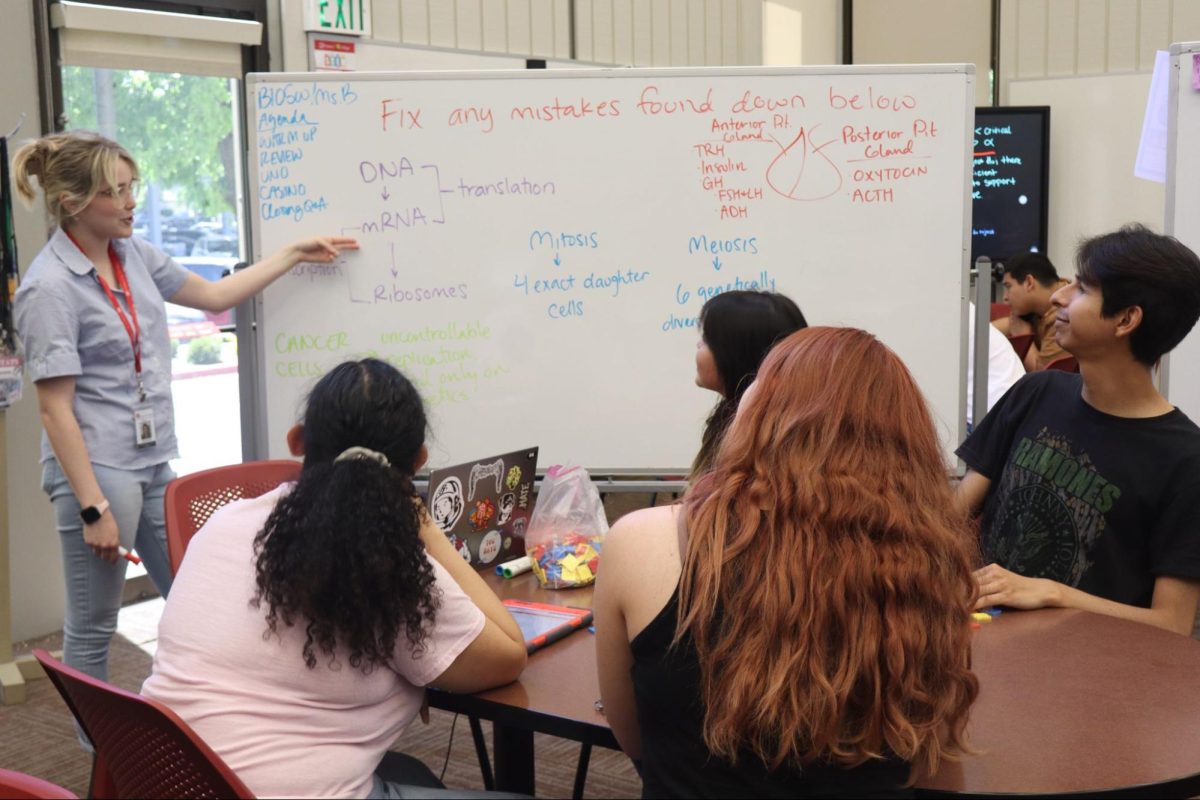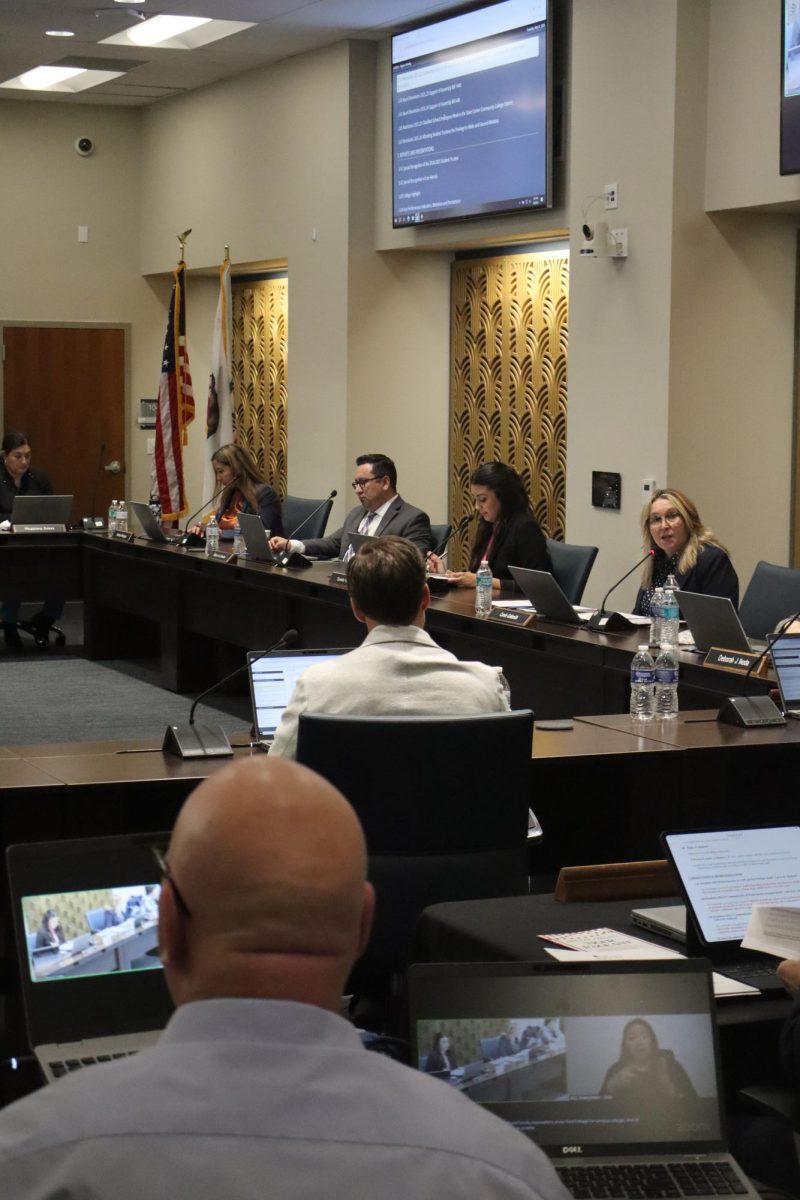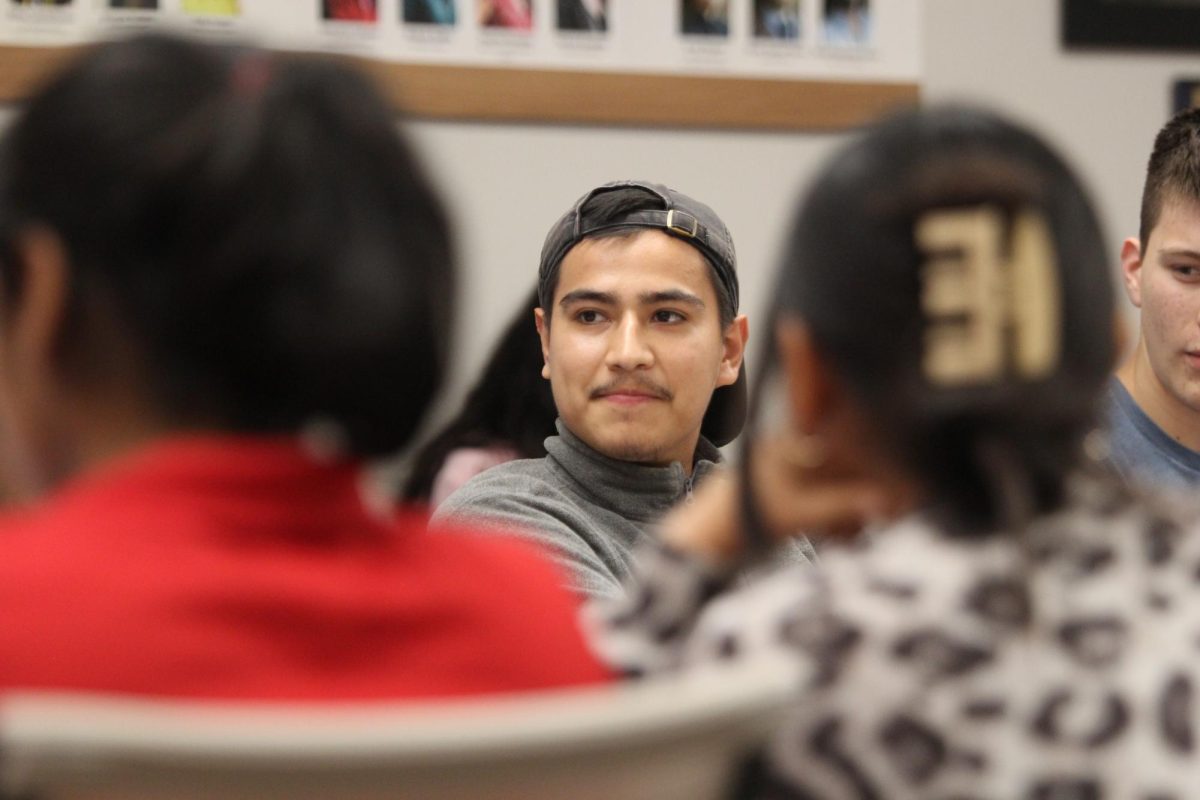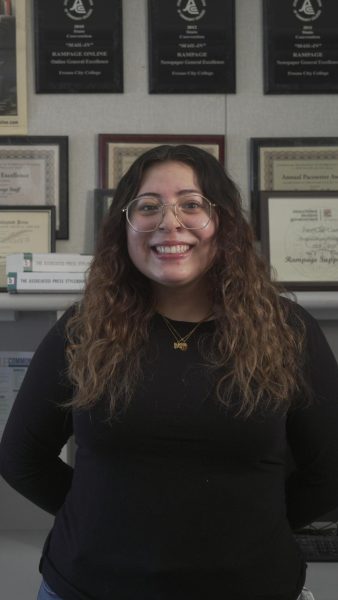Fresno City College hosted a panel on April 24 for two Japanese Americans to talk about the history and experience of being in concentration camps during World War II.
One of the panelists Dale Ikeda was a judge for the Fresno County Superior Court before retiring in 2018. His parents were forced into the concentration camps. He said nobody in the camps wanted to talk about their experiences. It wasn’t until those affected wanted an apology from the United States government that they started to open up.
Discrimination and prejudice against Japanese-Americans started before the attack on Pearl Harbor, Ikeda said. Chinese and Japanese immigrants were coming to the United States to help with the construction of the transcontinental railroad and harvesting sugar cane in Hawaii.
“It was actually a concept of the yellow peril. They didn’t want Asians coming here and populating. Somehow a threat to the purity of the racial strains,” Ikeda said.
Ikeda said that laws like the Alien Land Law Act were made for them to go back to their home countries after their work was done. Ikeda said that memorials were made to commemorate the Japanese Americans that are in the concentration camps. He mentioned the 442nd Battalion which was a segregated Japanese-American unit. It is the most decorated battalion with 21 medals of honor.
Marion Masada was only nine years old when she and her family were forced into the concentration camps. Throughout the presentation, Masada constantly stated that they disappeared from their homes and communities.
“In May of 1942, we Americans and residents of Japanese ancestry disappeared from our homes, public schools, and communities where we lived and worked in California, Oregon, Washington, and southern Arizona,” Masada said.
Before leaving for the camps everyone was only allowed to bring one bag. Her mother the night before they left had sewed big bags for each member of her family.
The next day Masada and her family were on their way to Poston, Arizona. There they were welcomed with a one-room house.
The effects of living in the camp had broken her family. Her parents were constantly gone and had to go and cook food. Masada’s brothers would leave the house early in the morning and come back late at night.
This was her life for three and a half years.
While at the camp Masada’s job was to iron and do the laundry. Masada said that she became an old lady at the age of 10. Now, at 91 years old, she feels like a child again.
During the time at the camp, Masada was invited to stay the night at her friend’s home. It was that night that she was molested by her friend’s dad.
Masada wanted to scream and cry for help but she couldn’t. She was paralyzed.
After it was done she laid awake all night hoping that nothing would happen again. That moment caused Masada’s fear of men.
Masada said that she would see his face in the audience and on people she knows. It wasn’t until after talking about the trauma she experienced that she stopped fearing men. She stopped seeing his face everywhere after talking about it at these events.
“So you can imagine having said it over and over. It was no longer festering in my body and it was out. So I was free. I was free,” Masada said.
The camp made her feel bad about being Japanese. She has low self-esteem and confidence. She was angry with herself and would take it out on others, not knowing the reason why.
After leaving the concentration camp, Masada and her family tried to move back to Salinas but were not welcomed. They moved to the next town over and ended up staying in an abandoned house. The reason for that was that nobody wanted to rent or sell to Japanese people, especially those with big families. They lived in the abandoned house for a month before moving to a shed and living there for a month or two.
Masada had to work during high school to help the family. She would clean houses. One of the houses she had to clean was responsible for her dinner. All the family ever gave her was small plates of food. Masada had created a goal for herself that if she ever had guests over she would make a big meal for everyone to eat so they wouldn’t end up like her.
Masada was able to get her self-identity and power back after learning for years through her experiences. Masada said it is important for people to know their history and be proud of it.
“Overnight I become strong and going to fight back. I’m not a fighter. It’s not in me to do that so I had to really grow slowly and mature. Now that I’m 91 I got it,” Masada said.

